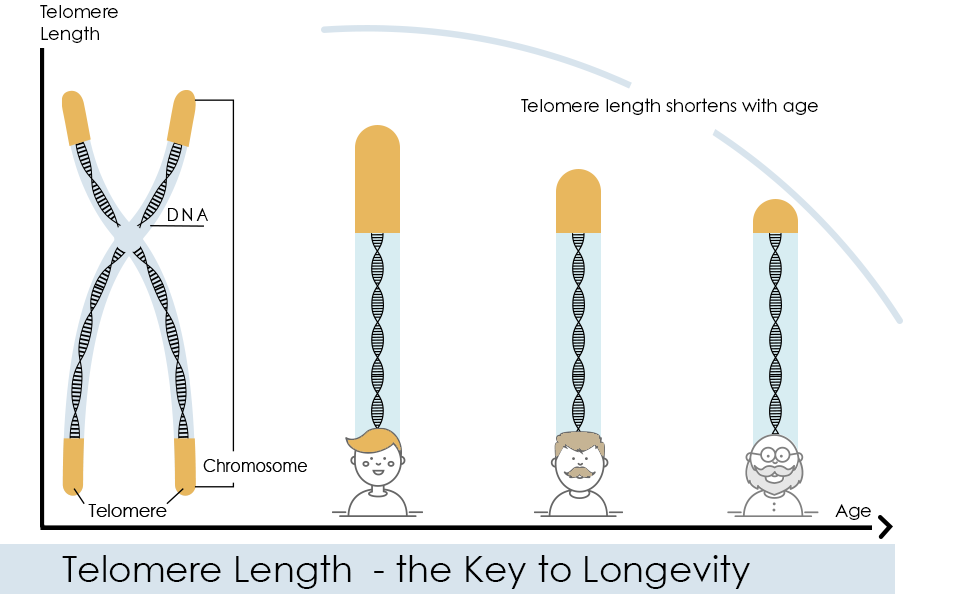The Future Of Medicine: Regenerative Medicine
- Preeti
- Jun 17, 2022
- 2 min read
All of us must have encountered the lizard crawling to the wall without
having a tail in our day to day life but they do regenerate their tail within a
span of 60 days. Alike the lizards, regeneration is the built-in potential in
complex mammals; it occurs in a restricted manner. A small incision to the
skin repairs itself, broken bones mend itself in its own way, after
detoxifying millions of concoctions the liver regenerates itself by
exploiting the hepatic stem cells. What would happen if scientists seize
this naturally occurring ability to heal the body for the sake of mankind?
Then the chronic diseases like arthritis, Alzheimer's, Parkinson's, heart
diseases, stroke, diabetes, osteoarthritis can be cured permanently. This
can be possible with the next-generation technologies and the new
developing field of biology- Regenerative Medicine.

"The dawn of iron and steel marked the beginning of industrial revolution, like the microchip to the tech revolution, stem cells will be the means to propulsion in the field of medicine - Regenerative Medicine."
Regenerative Medicine, as the term explains, is the process of replacing
or "regenerating" human cells, tissues or organs to restore or establish
normal function. This may enable the scientists to grow tissues and organs
in the laboratory when the body is unable to heal itself. This emerging
field of science encompasses cell therapy, immunomodulation therapy and
tissue engineering. Stem cells behave as staple for this purpose.
Stem cells are the totipotent cells from which all other cells with
specialized functions are generated. Under the right conditions, in the body
or in the laboratory stem cells can be specialized to grow into new tissue
for use in transplant.
Since tissue engineering and regenerative medicine emerged as an industry
about two decades ago, a number of therapies have been approved by FDA
and it is commercially available in the market but it is not accessible to the
common person.
A number of therapies are getting explored and are at the preclinical and
clinical trials stage. Some of the trials have become successful, the world's first
laboratory grown bladder in 1999 by Dr. Atala and his team successfully
implanted it. He also received the 2022 Jacobson Innovation Award of the
American College of Surgeons for his pioneering work in regenerative
medicine. According to his theory every cell within the human body must
be capable of regeneration.
With this approaching two decades the regenerative medicine will be at its
peak. It is not mere hope, rather it is the future, Future of medicine-
Regenerative Medicine.





Comments